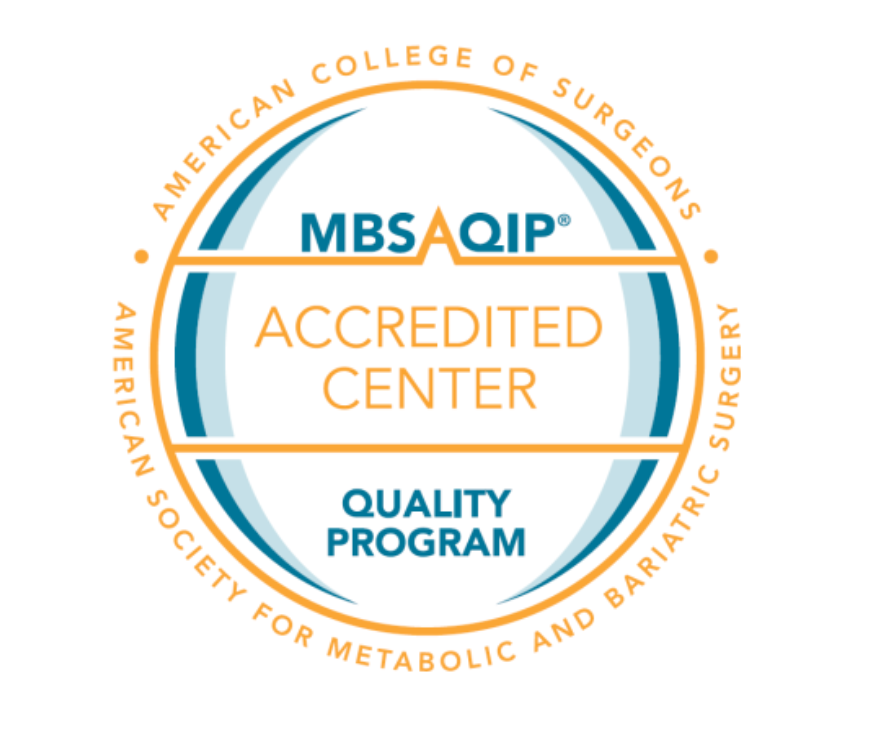When you decide to undergo weight loss (bariatric) surgery, you need to have various appointments with physicians to fully prepare for your weight loss journey. These required appointments help you get ready for surgery and ensure that your surgery will be safe and effective for you.
At University of Missouri Health Care, we require you to take the following steps to prepare for bariatric surgery. Each step helps us provide you with personalized care and optimal weight loss surgical treatment.
Go to your first appointment
At your first appointment, you’ll meet your surgeon and have a complete medical exam. Before your first appointment, you’ll need to print and fill out the form below.
See your primary care physician
Your primary care physician knows your medical history and current health better than any other doctor. He or she will need to perform a physical exam and approve you for surgery. Your primary care physician can also ensure you receive coordinated care throughout your weight loss treatment.
Undergo a psychiatric evaluation
Psychiatric or psychological evaluations help your surgeon know if you have any issues that might hurt your recovery or chances of weight loss success.
The evaluation ensures you are:
- Able to carry out your lifestyle changes
- Accepting of your long-term follow-up and exercise requirements
- Mentally ready for your post-surgical lifestyle
- Not at risk for depression after surgery
- Setting realistic weight loss expectations
Have a nutritional and exercise consultation
You’ll also meet with a registered dietitian to discuss your new dietary needs. This consultation helps you prepare for lifestyle changes and gives you the opportunity to ask any questions you have about diet and nutrition before and after your surgery.
We also request you attend a lecture on exercise to learn how to create safe, effective exercise habits after surgery.
Review your hospital information
You’ll meet with a hospital nurse to go over information about your surgery and hospital stay. You may also meet with an anesthesiologist to talk about your sedation needs and questions.
Quit smoking
Please know that if you smoke, you must stop smoking at least three months before surgery and remain smoke-free for the rest of your life. Smoking can affect your ability to heal after surgery and hurt your chances for a safe recovery and successful weight loss.
Learn more about Bariatric Surgery Services at MU Health Care.




